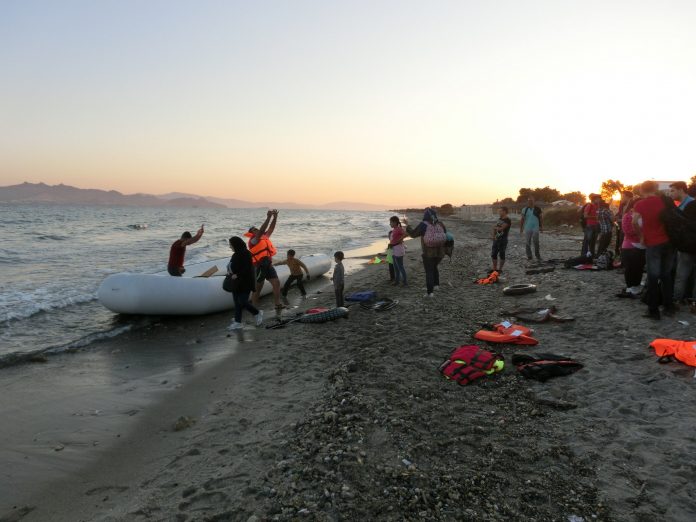The leaders of Germany, France and eight other European Union countries are slated to meet in Brussels on June 24 to discuss migration. This mini-summit has been scheduled ahead of the full EU summit on June 28-29.
Angela Merkel, French President Emmanuel Macron, Spanish Prime Minister Pedro Sanchez and Maltese Prime Minister Joseph Muscat, Dutch Prime Minister Mark Rutte and Belgian premier Charles Michel have all confirmed their attendance, officials said.
The leaders of frontline states Italy and Greece will also be involved, as well as Austria and Bulgaria, who are the incoming and outgoing holders of the EU’s rotating six-month presidency, European sources told the Agence France-Presse (AFP).
European Commission chief Jean-Claude Juncker called the meeting at the last minute as the issue causes fresh divisions in Europe, three years after the bloc faced its biggest migration crisis since World War Two.
“I am convening an informal working meeting on migration and asylum issues in Brussels on Sunday, in order to work with a group of Heads of State or Government of Member States interested in finding European solutions ahead of the upcoming #EUCO (European Council),” Juncker said on Twitter on June 20.
Several key issues are on the agenda. The list includes the Dublin Regulations, the EU border force, setting up asylum processing centres outside the EU and refugee distribution across the bloc.
As reported by Deutsche Welle (DW), Germany’s international broadcaster, a political crisis in Germany over migration is threatening the ruling coalition, making finding a common European solution a priority for Chancellor Angela Merkel as she heads into the EU leaders summit at the end of the month.
Meanwhile, a new populist government in Rome is piling pressure on EU states to share the burden of migrants and strengthen the EU’s external borders.

